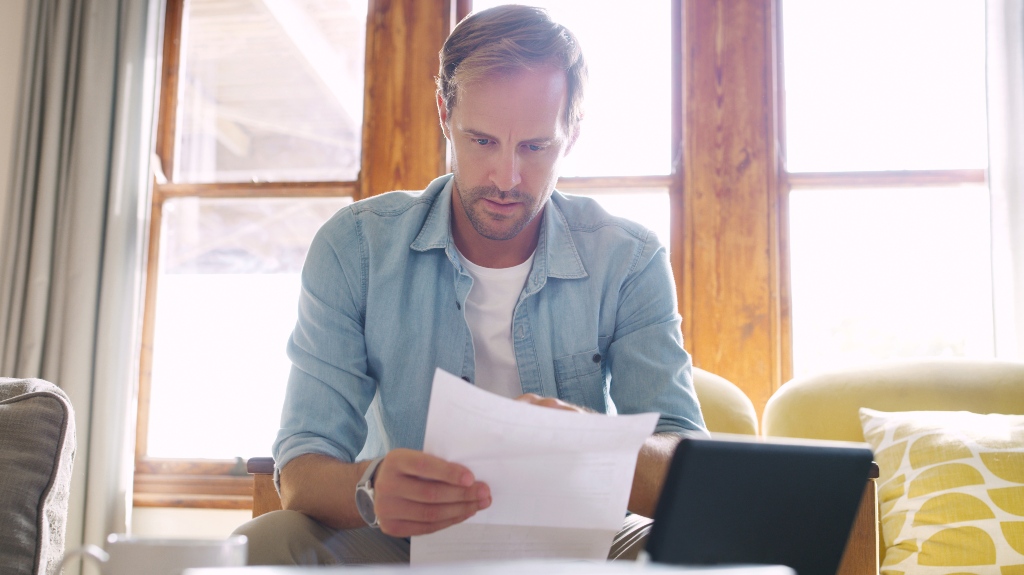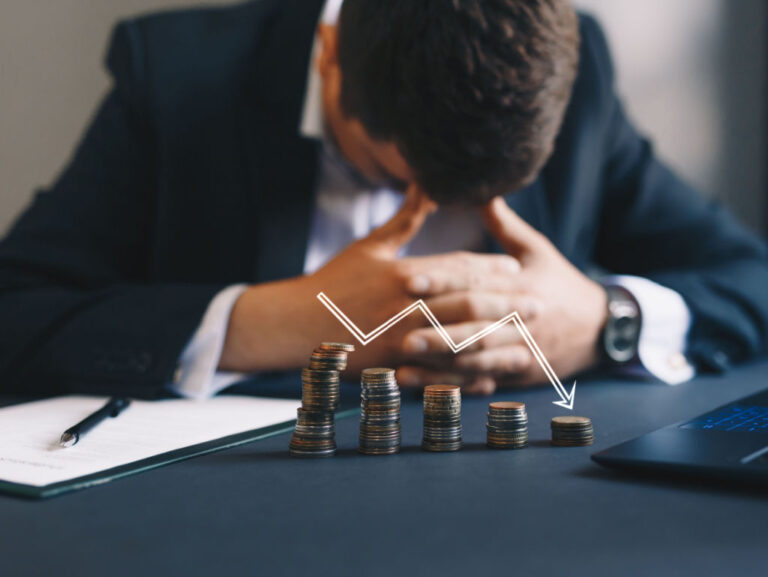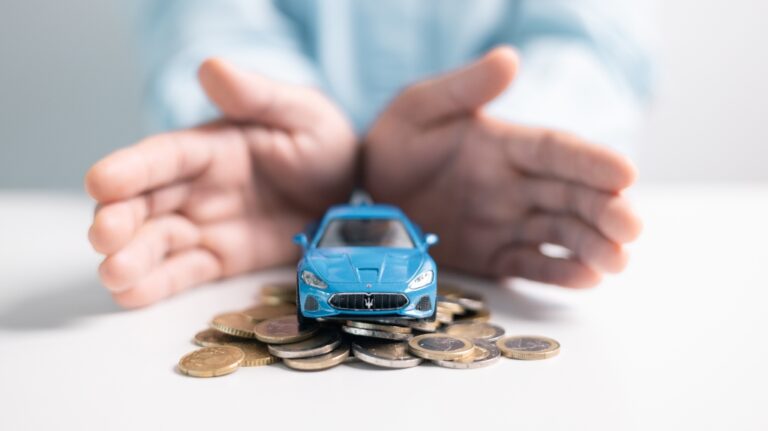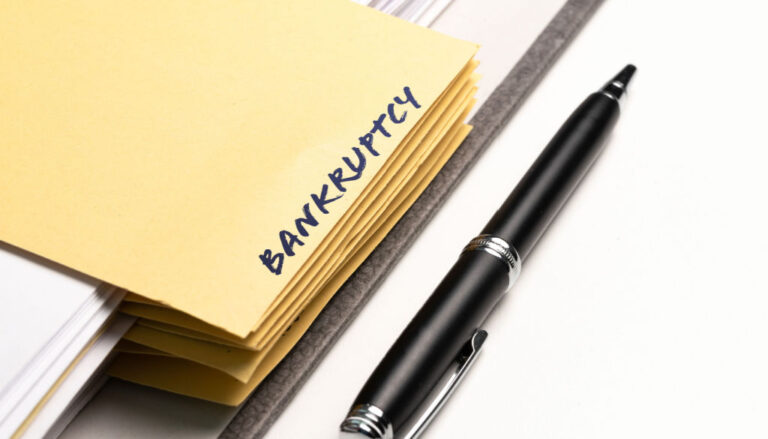When you rent a home, you’re required to make those payments in full and on time each month. If you fall behind on payments or miss them entirely, your landlord may be able to evict you from your home. If you’re thinking of filing for bankruptcy, it’s important that you know how filing may impact the possibility of eviction. Your South Carolina bankruptcy attorney shares what you need to know.
Bankruptcy Can Temporarily Stop an Eviction
When you file for bankruptcy, the process triggers an automatic stay. The stay prevents creditors, including your landlord, from pursuing payments for a set time. In most cases, the stay lasts until your bankruptcy is settled.
But this isn’t the only way that the stay can help. In some cases, the stay can temporarily stop the eviction process. This gives you a bit more time to find a new home and may reduce the stress you’re experiencing as you file for bankruptcy.
Keep in mind that once your bankruptcy case is settled, the landlord may pursue eviction again if needed. By not making payments on time or in full, you violate the terms of your lease. This gives them legal grounds to evict you from the home.
It Depends on When You File
Unfortunately, filing for bankruptcy won’t stop evictions every time. It depends on when you file for bankruptcy and when your landlord submits an eviction petition to the local court. If the eviction is ordered after you file, it’s covered under the automatic stay and you’ll be legally permitted to stay in the home until the bankruptcy is settled. But if you file for bankruptcy after receiving the eviction notice, the landlord may have the right to evict you under the Bankruptcy Abuse Prevention and Consumer Protection Act.
The Landlord Can Request a Lift of the Stay
Even if the automatic stay triggers a pause of your eviction, your landlord may still be able to get the stay cancelled. They’re able to submit a request to the court for any reason, but the court is more likely to lift the stay if the landlord claims you were using illegal drugs on the property or if they can show that the property was endangered in any way. If the stay is lifted, you may be evicted during your bankruptcy filing.
Previous Filings May Have an Impact
Additionally, the number of times you’ve filed for bankruptcy in the recent past can have an impact on whether your eviction will be paused. If you’ve filed several times, the automatic stay may be limited to about one month. This means your landlord may not evict you during that 30-day period but can evict you after the stay expires. If you’ve filed for bankruptcy several times in the past, the automatic stay may not stick in the first place. This means the landlord can evict you at any time without issue.
How to Prepare for a Possible Eviction
If you’re worried about an eviction, the best thing you can do is discuss your options with your South Carolina bankruptcy attorney. They’ll help you understand your rights and can explain the bankruptcy process in detail so you’ll know what to expect at each stage.
It’s important to be honest during these conversations so your attorney can give you accurate and helpful advice.
Bankruptcy Pauses Evictions But May Not Stop Them Entirely
Filing for bankruptcy can be a great choice if you’re feeling overwhelmed by debt, but it won’t keep your landlord from evicting you forever. The process can buy you the time you need to find a new home at a price you can more reasonably afford or to find someone you can move in with, further reducing your financial burden.
If you’re interested in filing for bankruptcy, don’t wait. Schedule a free consultation with Lam Law Firm today.





